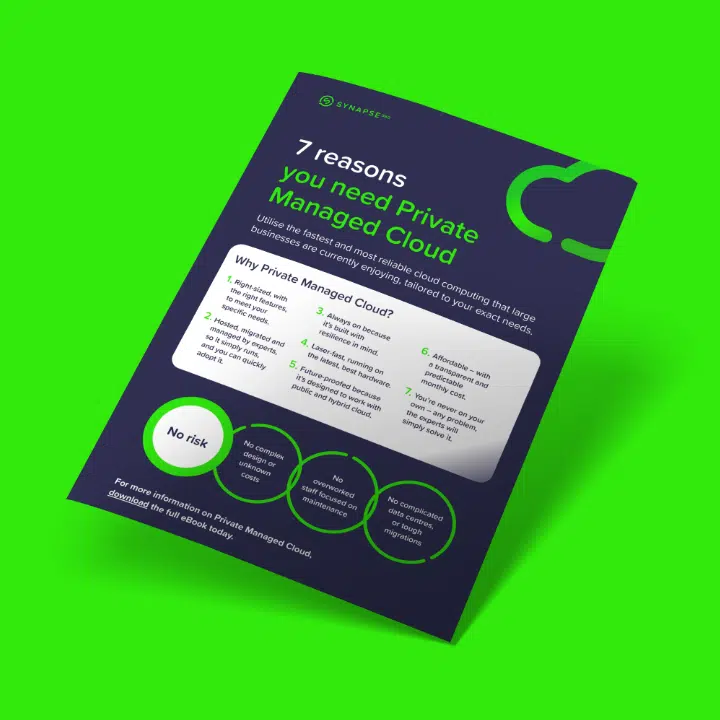With the FIFA World Cup due to kick off in a matter of days, it’s no surprise that the world’s most watched sporting event has become a target for cyber criminals who are seeking to defraud unsuspecting football fans.
Here’s what should you look out for to stop things getting very Messi…
‘You Are a Winner!’
Lottery scams are one of the most common ways in which people are being targeted.
Football fans are being approached by cyber criminals who are posing as companies who are associated with the game to trick people into thinking that they have won a prize, usually tickets to a FIFA World Cup game or hospitality packages. The intention, however, is to coax victims into handing over personal data, money or to download malware onto your personal device.
The scams may come in email form or may be a social media post that asks you to ‘click here’, which then takes you to a link, where they ask you to full in information to claim your prize.
One way to avoid this type of scam is to look at the email address of your sender or the profile of the person sending you the message via social media – do you know them? Look at the content of the email – do logos or images that have been used look copied and pasted? Are there typos in the body of the email/message?
Think, if you have never entered an online competition for these types of tickets then you can with certainty pertain that this is a type of scam.
Rogue Websites
Rogue websites are often created to lure unsuspecting visitors into supplying personal and financial data or install malware onto their victims’ devices. Links to these types of sites can often be found in spam emails, via fake social media profiles or sometimes, in discussion forums like Reddit.
To protect yourself make sure that you are looking for the lock in the search bar before putting in any personal information and look at the website’s domain name and check for any typos. If in doubt, do not enter any type of personal or financial data and never click a link from someone you don’t know or looks suspicious.
Ticket Scams
Ticket scams are very common – especially around sporting events. If you are looking to buy tickets for the World Cup you need to beware of fraudsters. One thing to note is that the FIFA World Cup in Qatar, is using digital tickets solely, the only exception to this rule being last minute tickets that can only be bought in-person at two collection points, in Qatar.
Resale of unauthorised tickets is strictly prohibited in Qatar, with punishments being severe. Remember, the only way fans can buy re-sale tickets is by purchasing from the official FIFA ticket resale platform.
Fever Pitch
As we get closer and closer to kick off, scammers will ramp up their tactics to try and fraud footy fans. Anything related to the tournament and those that are playing will be hot news which increases the likelihood that an unsuspecting victim will click on a malicious link or email attachment.
Fans need to be cautious about what they are opening, avoid clicking on any links that you do not recognise or from people you do not know.
Another common scenario is sports fans, being offered to watch games on malicious live streaming websites. All that your then asked to do is download other software or update an existing programme to get access to the content, those who do may unsuspectingly download malware onto their device.
Watching On the Go
With this years’ World Cup being hosted in Qatar some matches are taking place in the middle of the day, when most people will be at work or on the move and many of us do want to try and catch the boys as they try to ‘bring it home’.
But you need to be careful when connecting to public Wi-Fi spots often attackers can use these as rogue hotspots, designed to act like a decoy to gain access to personal data targeting people whilst on the move.
If you need to use such a connection, avoid sending personal data or use a reputable virtual private network (VPN) service, which keeps your data private via the use of an encrypted “tunnel”. Once you’re done, log out of your account and turn off Wi-Fi.
Show the Red Card to Scammers With These Top Tips:
- You can’t win a lottery if you have never purchased a ticket.
- Never pay someone in order to receive a prize.
- Look out for phishing attacks. Don’t click on links/attachments in emails or any other form of messages unless you are sure that they are legitimate.
- Keep an eye out for rogue websites. Pay attention to the websites you visit and always look at the URL spelling and check for the lock!
- Never hand over any personal information.
- Implement two-factor authentication on all accounts, especially those containing any sensitive information.
- Use reputable, multi-layered security software with anti-phishing capabilities and ensure that your software is kept up to date.
Remember – if in doubt, kick it out!





